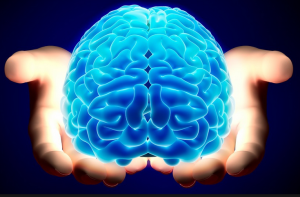Vision Therapy for Head Trauma (Acquired Brain Injury)
Acquired Brain Injury is essentially an insult to the brain. It can be the result of a blow to the head, a stroke, a neurological dysfunction or other events. Below are some of the most common diagnoses:
- Traumatic Brain Injury
- Mild Acquired Brain Injury
- Mild Closed Head Injury
- Post-Concussive Syndrome
- Cervical Trauma Syndrome
- Post Traumatic Vision Syndrome
- Stroke
- Cerebral Palsy
- Cerebral Vascular Accident
 Visual dysfunction can be one of the effects suffered as the result of a brain injury. Many times these problems are hidden and perhaps even neglected, which can lengthen or impair the patient’s rehabilitation.
Visual dysfunction can be one of the effects suffered as the result of a brain injury. Many times these problems are hidden and perhaps even neglected, which can lengthen or impair the patient’s rehabilitation.
Because of the importance of vision as a sensory source and the role that vision plays in providing information to the brain, a brain injury can greatly disrupt that flow of information. The result is a vision problem. Symptoms include:
- Blurred vision
- Sensitivity to light
- Reading difficulties
- Comprehension difficulty
- Attention and concentration difficulty
- Memory difficulty
- Double vision
- Aching eyes
- Headaches with visual tasks
- Loss of visual field
Many times health care professionals – even those in head trauma rehabilitation centers – are unaware of the visual problems that can occur as a result of Acquired Brain Injury. There is often a gap in this area of rehabilitative services which can lead to incomplete treatment. Vision therapy from a qualified vision care professional like Dr. Beasley can be a very practical and effective part of the rehabilitation process.
